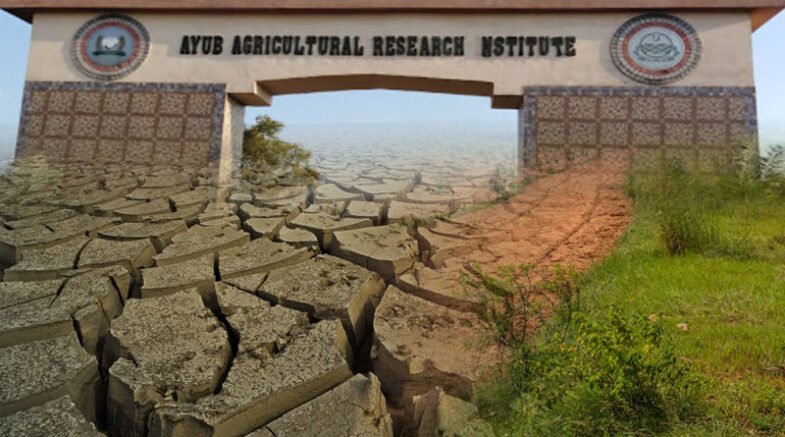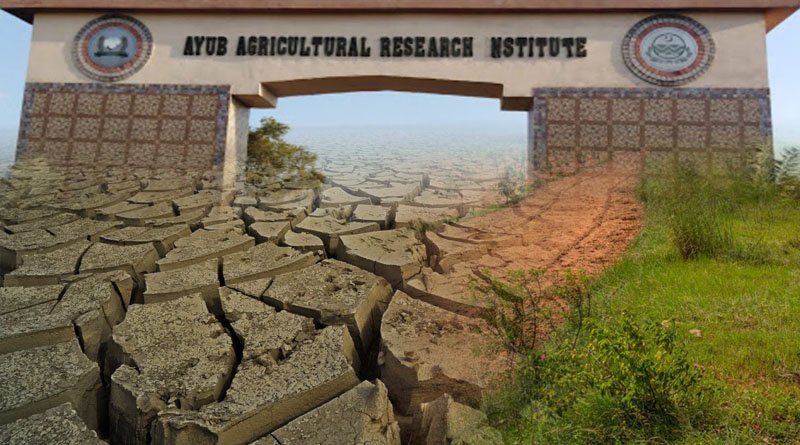According to UAF Prof. Dr. Asif Kamran, the country is in the red zone in terms of per capita water availability.

Dr. Muhammad Nawaz Khan, Director General of the Ayub Agricultural Research Institute (AARI), urged all stakeholders to develop a comprehensive strategy to address the challenges posed by climate change.
He was speaking at the Center for Advanced Studies auditorium at an International Workshop organised by Precision Agriculture and Analytics Lab, National Centre in Big Data and Cloud Computing, University of Agriculture, Faisalabad (UAF).
He claimed that climate change was wreaking havoc on agriculture. He urged all stakeholders to devise a comprehensive plan to fight the challenges of climate change at the national level. He further said that the adoption of modern trends was imperative to make the agriculture sector compatible with global standards and ensure food security.
According to UAF Prof. Dr. Asif Kamran, the country is in the red zone in terms of per capita water availability. He went on to say that when the country was founded, per capita water availability was 5600 cubic metres, but it has since dropped to around 900 cubic metres.
“We must raise awareness and take action to promote rational water use and make every drop more productive through precision irrigation technologies,” he added.
“Precision agriculture is required because every grain of seed, millimetre of agro-chemicals, horsepower of machinery, and man-hour of farm labour counts in order to remain competitive and sustainable in the face of global economic and climatic changes.”
He advocated for the use of remote sensing in agriculture to estimate crop yields, which would help take timely trade-related decisions.
Pakistan, according to Dr. Azeem Khan, Lead Remote Sensing Scientist at the Department of Planning and Environment, Government of New South Wales, Australia, is a water-stressed country with low crop yields and water productivity, untapped land and water resources, and a growing population.
He stated that transparent data on water availability and use in the country obtained through satellite remote sensing would be useful not only for water management but also for identifying system improvement needs and making investment decisions.
“The convergence of big data, remote sensing, connectivity, and artificial intelligence can significantly assist us in managing our water resources and increasing crop water productivity,” he added.
According to Dr. Khalid Hussain, Pakistan has become one of the worst victims of climate change, making it a real challenge to address the issue. He said that the modules of the hands-on training workshop were designed to train young faculty and postgraduate students in the latest techniques in crop estimation and water accounting.
